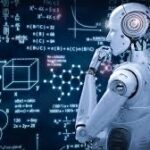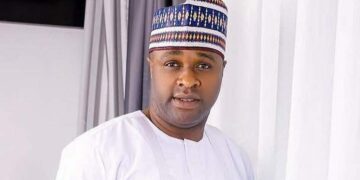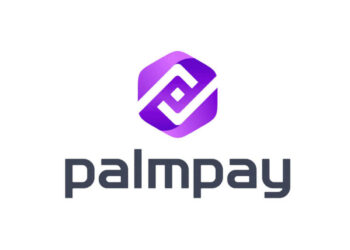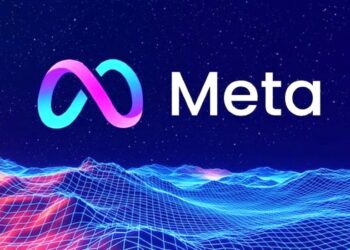 Artificial Intelligence (AI) is no longer a distant future—it’s here, and it’s transforming industries faster than we can keep up. But is AI replacing jobs at a dangerous rate? Bill Gates thinks so.
Artificial Intelligence (AI) is no longer a distant future—it’s here, and it’s transforming industries faster than we can keep up. But is AI replacing jobs at a dangerous rate? Bill Gates thinks so.
In a recent interview with NBC’s The Tonight Show, Gates warned that AI could replace most jobs within the next decade—including those once considered irreplaceable, like doctors and teachers.
This isn’t just speculation. AI-driven automation is already reshaping the workforce, leaving many wondering: Will humans adapt, or will AI take over completely?
The Rise of AI: How Job Automation Is Accelerating
Gates believes we are entering an era of “free intelligence”—where AI performs expert-level tasks at no cost.
“With AI, over the next decade, that will become free and commonplace—great medical advice, great tutoring.”
This means professions that require specialized knowledge, such as healthcare and education, may soon rely more on AI than human expertise.
How AI Is Replacing Jobs Right Now
- Healthcare: AI is already being used for diagnosing diseases, analyzing medical scans, and recommending treatments.
- Education: AI-powered tutors can now personalize learning experiences, making education more efficient.
- Customer Service & Marketing: Chatbots and AI-driven content creation are reducing the need for human workers in these fields.
Sounds promising, right? But here’s the scary part.
AI’s Job Disruption: A Double-Edged Sword
In a separate discussion with Harvard professor Arthur Brooks, Gates admitted AI’s rapid progress is both exciting and terrifying.
“It’s very profound and even a little bit scary—because it’s happening very quickly, and there is no upper bound.”
Other tech leaders, including Microsoft AI CEO Mustafa Suleyman, warn that AI replacing jobs could destabilize entire industries.
Some experts argue AI will create new opportunities instead of just eliminating jobs. But many fear that AI could automate millions of white-collar roles—from finance to content writing.
Take Sarah, a digital marketer. Right now, she analyzes data, manages ad campaigns, and optimizes content. But what happens when AI can do all of this faster, cheaper, and more accurately?
Will Sarah upskill, or will she become obsolete in an AI-driven economy?
Learn more about AI’s impact on employment from the World Economic Forum.
Will Humans Adapt or Be Replaced?
The AI revolution isn’t coming—it’s already here. The question is, how do we prepare?
Some, like Elon Musk, advocate for AI regulations to slow down automation’s impact. Others believe workers must adapt, upskill, and transition into AI-proof careers.
One thing is clear: AI isn’t waiting for us to decide. The future of work is evolving, and those who prepare will thrive—while those who ignore it may be left behind.
So, what’s your take? Is AI a tool for progress or a job killer? Share your thoughts in the comments.👇



![Viral House Party Video Sparks Conversation on Changing Social Norms Among Nigerian Mothers [Watch Video]](https://kumornews.com/wp-content/uploads/2026/02/Viral-House-Party-Video-Sparks-Conversation-on-Changing-Social-Norms-Among-Nigerian-Mothers-Watch-Video-1-360x180.jpg)














